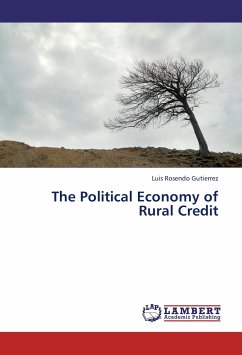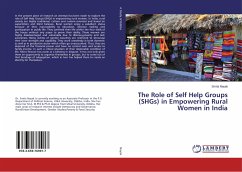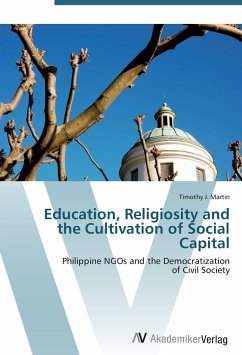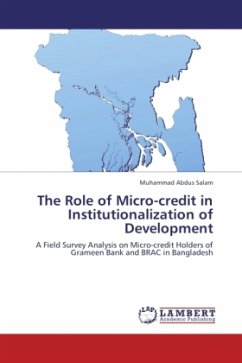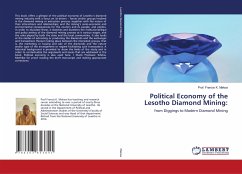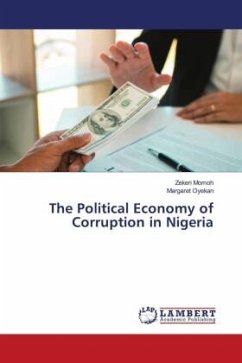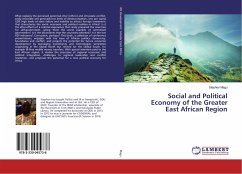To provide affordable financial services to the rural population in less developed countries has been a critical component of public development policies. Direct interventions in rural finance through credit programs, interest subsidies and other government policies became widespread until the 1970 s when began a strong disenchantment with this approach. As a response, at the beginning of the 1980 s appeared a new approach that trying to combat rural poverty by finding ways to cost-effectively lend money to poor rural households. Following this new approach, major reforms of state-owned rural banks have been launched in most less developed countries, but only a few of them have been successful. The purpose of this work is to analyze the political economy of the BANRURAL reform in Mexico carried out during 1989 1992, and to find out whether the Mexican state faced political and social pressures that limited its capacity to carry out an effective reform.
Bitte wählen Sie Ihr Anliegen aus.
Rechnungen
Retourenschein anfordern
Bestellstatus
Storno

